Terrible Awful Beauty
Terrible Awful Beauty
by Angela Voras-HillsThe night Trump was elected, I lay in bed awake all night, wondering if a nuke would reach the Midwest. I was sure we would all explode before the night was over. Lots of people were afraid in different ways, but my fears always culminate in the explosion of the world. Have you seen the movie Melancholia? That is always where my mind ends up.
When I was pregnant, I was afraid of falling. I was afraid the baby wasn’t kicking. I went to the doctor a lot to be sure she was still alive. But then, she was born, and the fears were bigger. There was not a squishy waterball around her body to protect her if she fell. I was afraid if a knife was in the same room as her. I was afraid of stairs. I was afraid of sleeping and of not sleeping. Don’t get me started about crossing roads.
Two Months Before My Son Leaves for Belgium, We Visit the Zoo
And a few months before that, the airport is bombed. I get message
message message: am I letting him go? And maybe I’m to blame,
because I never told them I’d once caught him running on the roof
of our third-floor, that he was once hit so hard by a car his shoes
flew from his feet into air (a story I heard as his friends joked
about the lady who’d hit him, who’d cried and hugged him in the road,
making sure he was ok), or when, just three days before the bombing,
a high school kid scrawled plans to shoot everyone on a bathroom stall.
And so, two months before my son boards a plane to Belgium, we feed
giraffes, and he poses with peacocks. He wants to see reptiles and primates,
his sister wants elephants, crocodiles, never stops running until she sees a baby
kangaroo—we all stop and watch him hop around his mother
who lays on the concrete floor, bored. He cleans her ears, jumps
on her head to engage her in play, and she swats him away. He is already
half her size, but clearly still a baby. He doesn’t give up until finally
she stands, and I say I think he’ll climb into her pouch! My son doesn’t
believe the joey will fit, and I tell him he will fit, and then, an illusion—
the pouch one minute tucked against the kangaroo’s belly, stretches,
touches the ground as the joey climbs in head-first, shuffles and turns
settling in. After that, there is little to see. Black paws peek from the belly.
The mother nibbles her fingers, drags her baby toward a food bowl, and I
follow her eyes down the dark corridor toward the metal door bursting
open, the light blasting in, my daughter running out into it.
When I spend a lot of time at Target (or, more recently, internet shopping), I write nothing. I let all of my anxieties be swept away by faux eucalyptus wreaths, bamboo potato bins, vetiver candles— the promise of an organized home, manageable children, an “Instagram-worthy” life. But when I get these things home, I am unsatisfied. Most things I buy, I return within a week.
Haunted
Living alone, I’d call my mom, make her listen
as I moved room-to-room
looking in closets, behind doors,
under the bed, anywhere
a man could fit. I plugged my curling iron in
each day before showering, imagined
identifying a man in a lineup
by his melted cheek,
his missing eye. By then, I’d seen enough
Law & Order reruns to play each scene
out until sentencing. Ever since
I was a kid, I’ve wanted things
to be fair, believed hand-on-my-heart
in liberty and justice for all, but I’ve also
been so afraid. Mostly of a death
I’d have to live through—
drowning, fire, kidnapping that ends with me
tied up in a hole filling with dirt.
My daughter is scared of ghosts,
believes they’re in each
corner of her dark room. I tell her
they’re not real, but once playing Ouija
at the cabin with cousins,
we contacted The Blue Ghost
and the light above us flickered blue/
burnt out, left us in dark woods alone.
So who’s to say? I’ve never walked
through a haunted house,
staged or otherwise, but my cousin
pissed her pants inside one, left
a puddle someone had to clean.
One year, the gun club
sponsored a haunted hayride, and I rode
through the forest, hay splintering
my ass through jeans, and when
a man jumped out of the dark
with a chainsaw buzzing at us, I thought,
“God, who knows if this is really
part of it? Who gets paid
to behave this way?”
This was years before a man
shot into a crowded concert
from a hotel window in Vegas
and before so many
defended his rights. I watch TV,
try to believe “these stories are fictional
and do not depict any actual
person or event.” My daughter
asks about monsters, and I say they’re not
real, but news breaks, and she knows
I’m lying. If ghosts are real,
what do they expect
from a four-year-old? By now,
you’d think we’d all have heard
the unsettled dead. You’d think
something would’ve changed.
It took me a while to recognize this cycle of consumerism and fear, and especially how it is encouraged among women, particularly mothers, and it is fed by social media. The amount of money a mom can spend on “baby gear,” and the sheer volume of stuff one can buy for a tiny human being who can only roll over, is a testament to this.
A few years ago, I watched the video The House in the Middle, which is a PSA made by the Civil Defense Department in the Fifties and sponsored by a paint company. The video suggests that if you (the housewife) keep your house clean (and well-painted), your family could survive a nuclear attack. Can you imagine? All you need to do is keep a clean house, and ta-da! Your family survived the nuke. From there, I read bomb-shelter shopping lists. I looked at fallout shelter meal plans. I looked at photo after photo of how mannequin families “survived” nuclear tests. All of these mannequins looked just like me. They looked like every mother I knew: cooking dinner, stocking the pantry, decorating the fallout shelter with new bedding, encouraged to buy things and stay busy.
The Mannequin Refreshes the Facebook Mom Group While Sitting on the Toilet
A pregnant woman has been reading— childbirth
sounds awful, bringing baby home is terrifying,
she wants someone to tell her it’s not. Someone
say it’s beautiful. And they do. 97 comments
gushing about the beauty, assuring her yes, it’s hard,
but you will only remember the joy of those first days,
they go so fast. The mannequin has had enough
babies to mostly remember the awful, the weight
of body after body escaping her own, she can barely
read the comments without feeling cheated
out of forgetting, so she scrolls past them, another
mom wants recommendations for a nutritionist,
her husband won’t let their toddler eat sugar, natural
or otherwise, and her toddler is losing so much weight
so fast now that he’s weaning, and that’s as far
as the mannequin gets before the door bursts open,
and a photo appears in her Facebook feed, and it’s
her baby a year ago, and here’s her baby today, and
she sees he was beautiful—the baby on the duvet,
stretching in his new skin, now wobbling in
on chubby legs, such terrible, awful beauty.
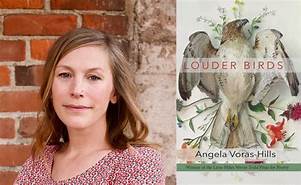
Poet, community organizer, and instructor Angela Voras-Hills grew up in Wisconsin. She earned an MFA from the University of Massachusetts Boston. She is the author of the poetry collection Louder Birds (2020), selected by Traci Brimhall for the Lena-Miles Wever Todd Prize.
Voras-Hills has received grants from the Sustainable Arts Foundation and Key West Literary Seminar as well as a fellowship from the Writers’ Room of Boston. She cofounded The Watershed: A Place for Writers, a literary arts organization, which evolved into Arts + Literature Laboratory in Madison, Wisconsin. She lives with her family in Milwaukee, Wisconsin.



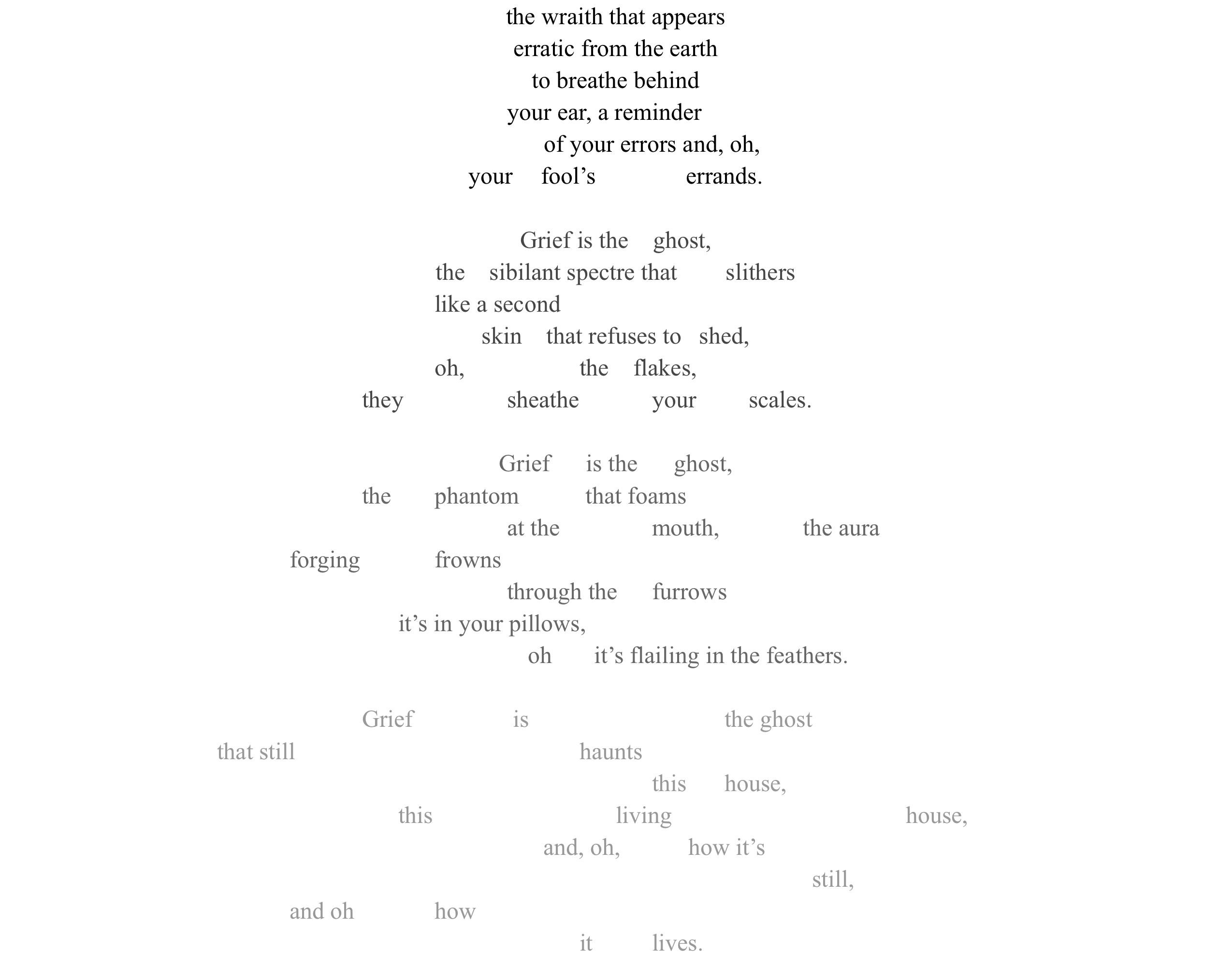

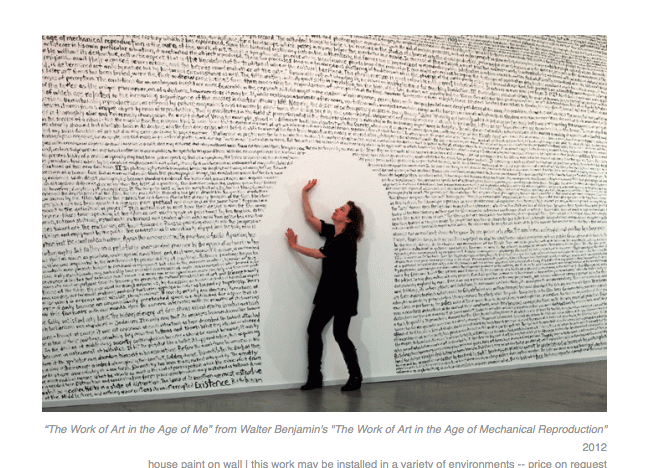








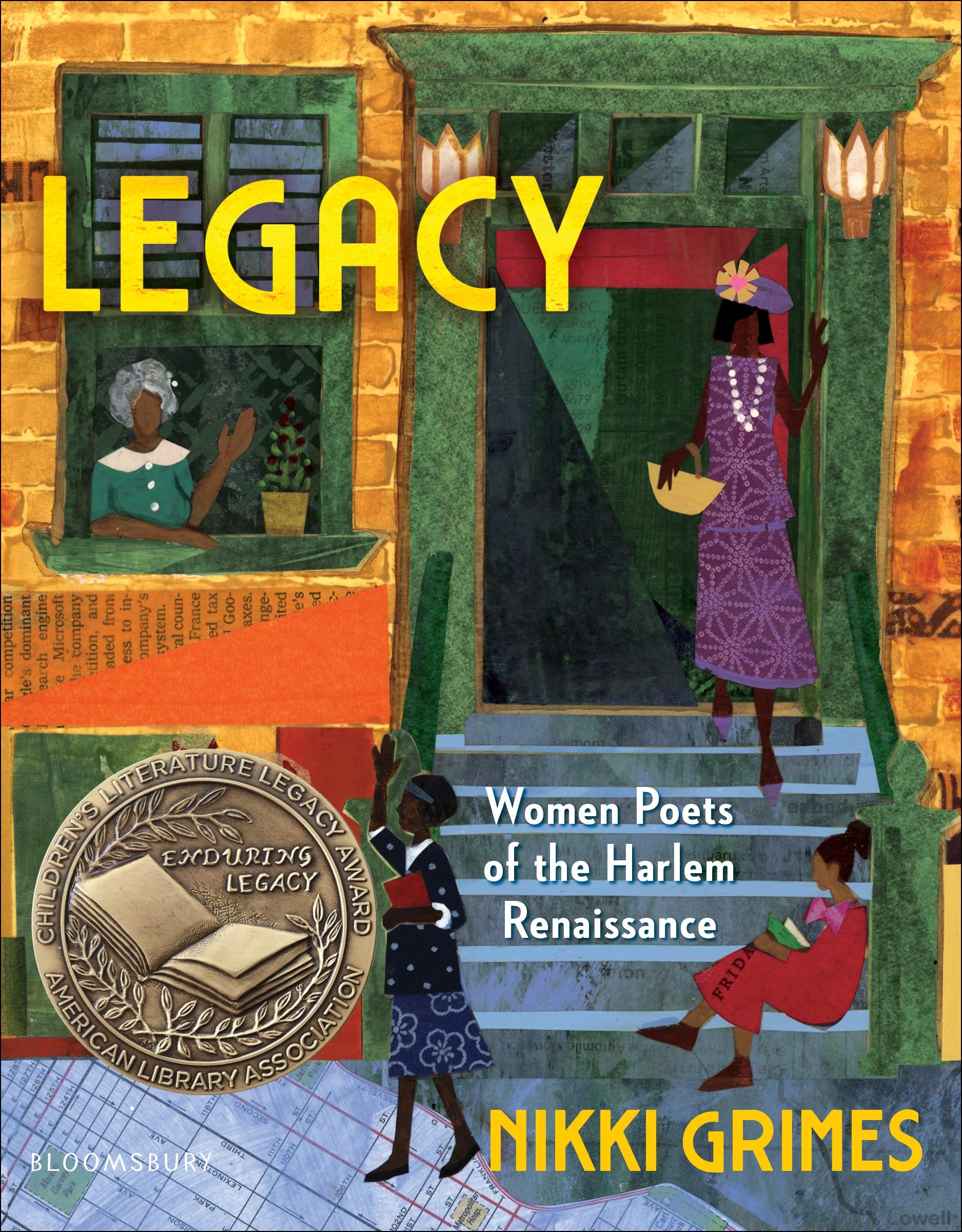
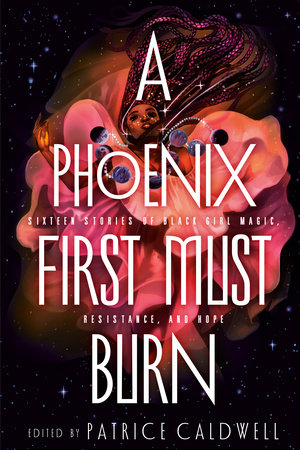

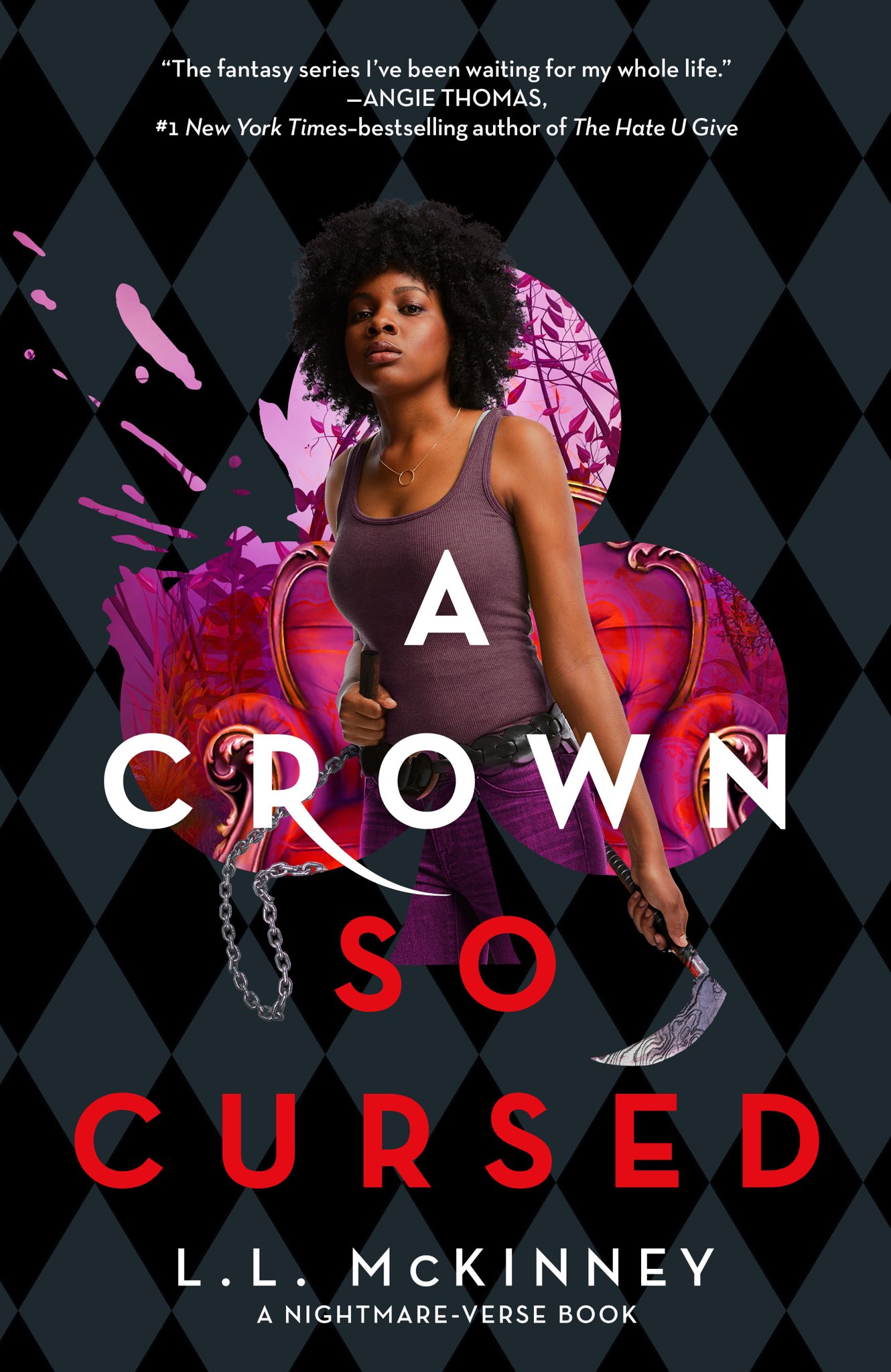

 Magnifique Noir Book 2: You Are Magical
Magnifique Noir Book 2: You Are Magical 


 Tristan Strong Destroys The World
Tristan Strong Destroys The World Felix Ever After
Felix Ever After
Recent Comments